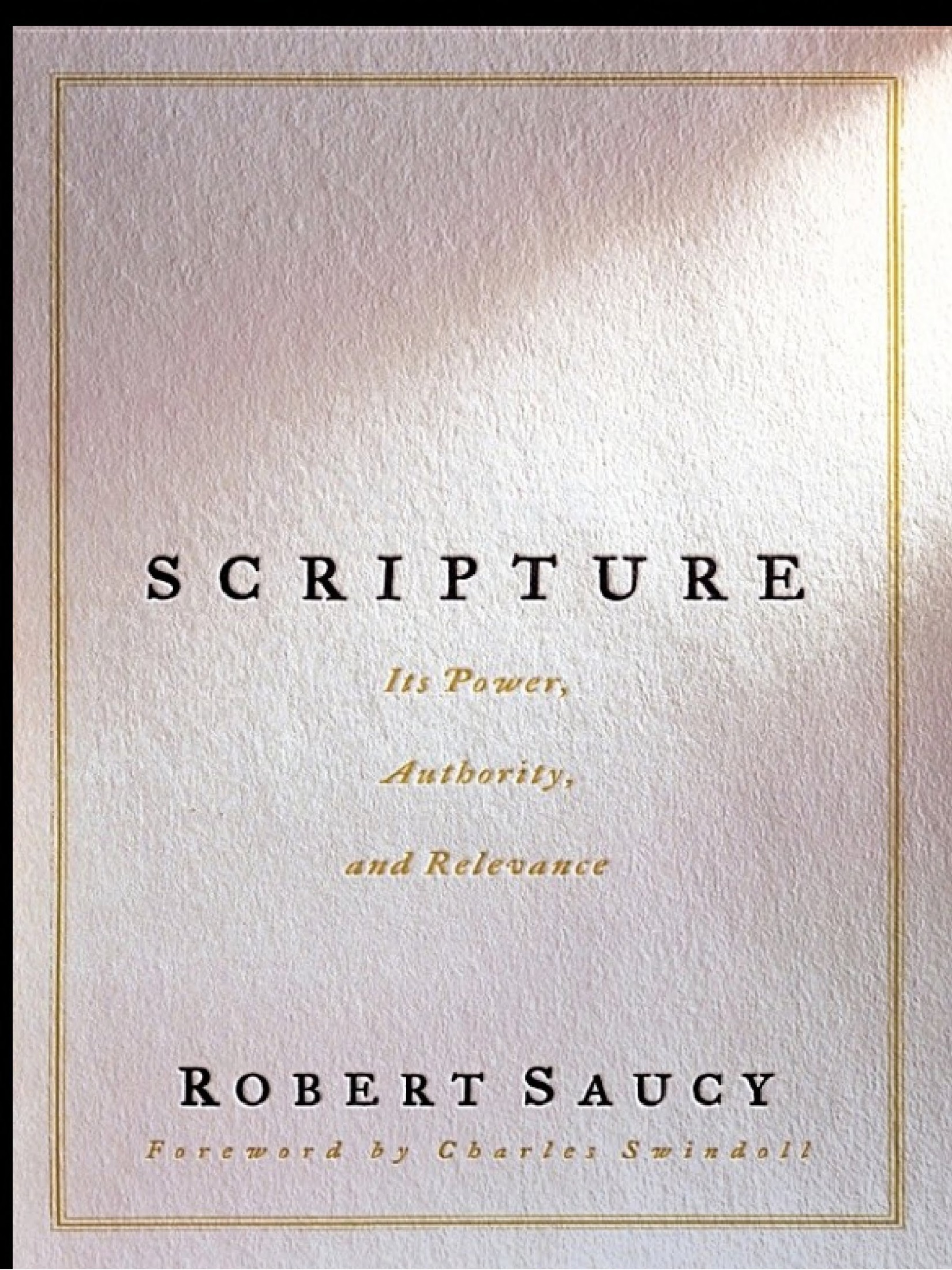
Scripture (Swindoll Leadership Library) PDF
Preview Scripture (Swindoll Leadership Library)
The Bible is different from all other books because it is God’s Word. Other books, no matter how profound, are only human words. The number of people who view the Bible as an infallible authority is probably increasing in the world as liberal churches are declining and Christianity is growing significantly in many parts of the world.
But there is also a disturbing dichotomy between this high esteem for Scripture and the actual function that it plays in people’s lives. Especially in the Western world, a growing religious pluralism and a corresponding tolerance of all views, coupled with a continuing destructive rationalistic criticism of the Scriptures, are undermining conviction in its final authority, even in many good churches. Diverse views on how to interpret the Bible also leave many people in doubt as to what it actually teaches. Together these forces are gnawing away at the Scriptures as the pillar of truth that supports the believer’s life.
Most significantly, lack of trust in the effectiveness of Scripture plagues many believers today. We honor the Bible as God’s holy Word, but we don’t read it. When perplexed with life’s problems, we are more likely to turn to other sources than to the Scriptures for help and comfort. The reasons for this lack of confidence are many and complex. First, we are embedded in a cultural climate of antiauthoritarianism. We don’t want anyone, whether human or divine, to tell us what to do. Closely allied with this is the failure of many believers to obey the Scriptures, to receive them into their hearts in obedient trust in such a way that their lives are transformed. Therefore many people conclude that the Scriptures are not very effective.
The Bible, of course, claims to occupy the central place in God’s relationship to His human creatures. Only by the Scriptures can we come to the knowledge of God, which, Jesus said, is eternal life (John 17:3). The Scriptures sustain and nourish that life so that we may grow in our experience of God. Thus the prominence of Scripture as “the Book” of human history accords with reality, and failure to give it that place in our lives results in loss.
But what is this book that we call the Bible? How did we get it? What makes it authoritative? Is it really inerrant? Why are sixty-six books included and others excluded? How are its teachings related to the teachings of the church or human reason? How can we understand its teachings? What do we need to do to experience the transforming power of the Bible? These and other questions are the subject of this study, with the goal that the Scriptures will fulfill their promised dynamic in our lives.
